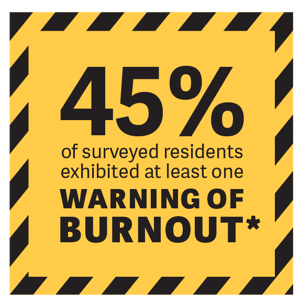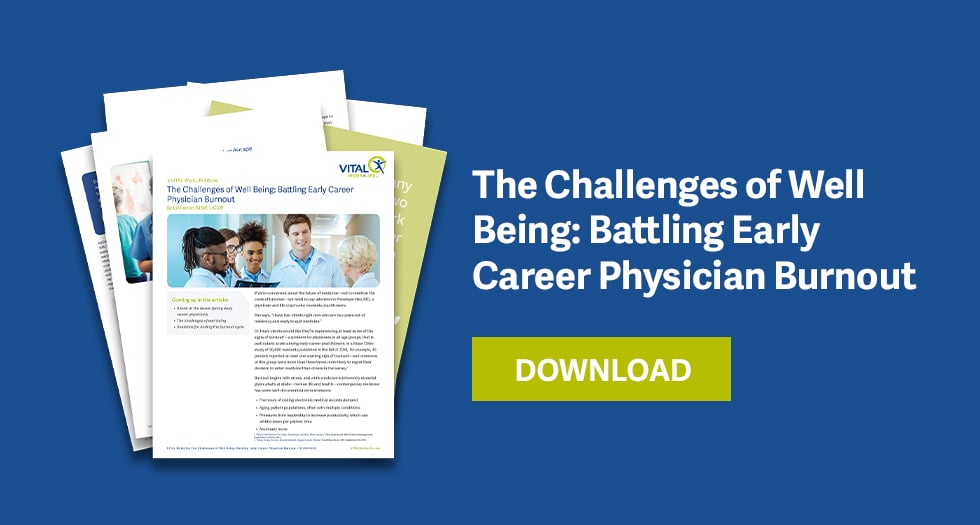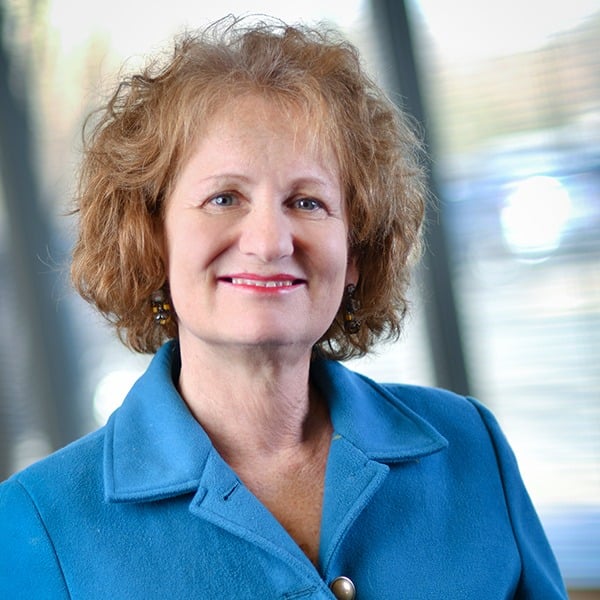The early-career physician goes by the initial M as she tells the tale of her burnout—and a recovery still in progress—on the blog “The Happy Philosopher.”
It’s a dramatic tale of a millennial Filipina-American female doctor, a very bright young woman whose academic successes helped propel her forward into achieving her immigrant family’s dream: becoming a doctor.1
“Why wouldn’t I be a doctor?” she writes. “I had the academic chops to make it. I wanted to help people. I mean, what kind of jerk doesn’t want to help people? My path just made sense.”
The Downward Spiral
Her path made sense—until it didn’t.
She narrates some of the harrowing stresses of being a family practitioner: “I…was conditioned to give 110 percent, and primary care was more than happy to take it from me. For two years, I ran myself into the ground by increasing my hours at work to the average 50-60-hour physician work week, giving more of myself emotionally to my patients than was healthy, fighting with insurance companies and sometimes patients so I could practice the type of medicine I had envisioned myself practicing, and for whatever reason, refusing to take real vacations.”
Her personal life was degrading. “I didn’t want to engage with my husband when I got home—I had nothing left to give to him, since I left it all at work. I started trying to find excuses to avoid spending time with friends….I started to view friends and family as…leeches to make sure I said the ‘right thing’ to. My perspective on my life choices that brought me to this point left me even more regretful and embittered.”
Exhausted, demoralized and alarmed by the acrimony around the 2016 presidential election, M ended up in a state of utter hopelessness and cynicism. An outburst at a family gathering was her low point.
“I stepped outside of myself in that moment and realized just how crazy I sounded. I didn’t recognize myself anymore. Gone was the level-headed, emotionally contained, rational person I knew myself to be.”
An Upward Path
M decided to recover and focused on self-care: she’s taking photographs of beautiful scenery, trying to relax when she can and sharing her burnout story. She’s feeling better.
But her story brings up a powerful question: what could the health care organization have done to help this bright, dedicated, idealistic, hard-working young physician remain reasonably happy, productive and positive about medicine? How could it let her know she’s not alone, and doesn’t have to take sole responsibility for recovering?
For our take on what it takes to help young physicians avoid burnout in the first place, see the article “The Challenges of Well Being: Battling Early Career Physician Burnout.”



